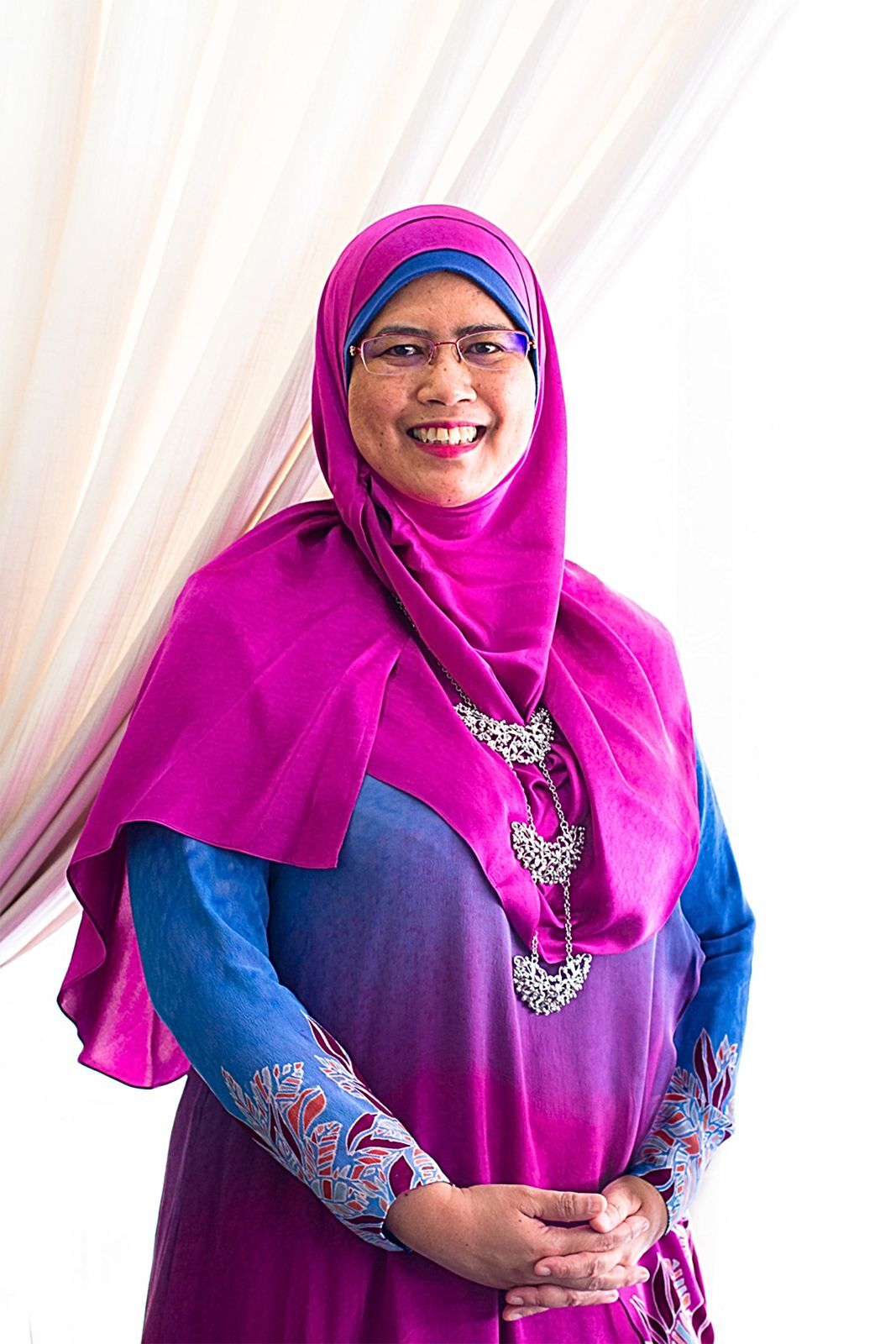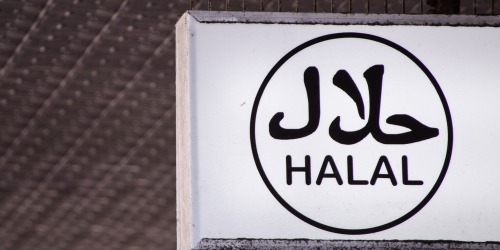Sustaining momentum for halal industry excellence
Continuing our exclusive interview with Roziatul Akmam Osman, halal industry strategist and honorary strategic advisor to the Malaysia International Halal Research and Education Conference 2025 (MIHREC 2025)
Your focus has evolved from pioneering to strategy. What is the core of your ‘halal built-in’ philosophy?
‘Halal built-in’ represents the natural evolution of our initial struggles. It’s a top-down strategy that transforms halal from a compliance checklist to an enterprise-wide culture of integrity, shifting from boardrooms to marketplaces.
It cultivates a reputation that’s authentically earned and unshakeable.
How have you expanded your leadership focus beyond halal pharmaceuticals?
Building on lessons learned from spearheading halal pharmaceuticals, I now emphasise strategic halal leadership across governance and marketing, embedding integrity throughout the enterprise. This transition from compliance to strategic value creation is vital for the resilience of the halal industry.
 One of the biggest global challenges is fragmented standards. How do we solve this?
One of the biggest global challenges is fragmented standards. How do we solve this?
A pivotal yet currently under-discussed milestone is the formal alignment of SMIIC with the WTO’s Technical Barriers to Trade (TBT) framework in 2023.
This establishes a legitimate basis for dispute resolution and mutual recognition, transforming halal from a perceived religious barrier into an internationally recognised technical and quality standard — crucial for removing trade obstacles.
How does this SMIIC-WTO alignment tie in with your ‘halal built-in’ concept?
They are interconnected — halal built-in’ ensures enterprise-level integrity, while the SMIIC-WTO framework provides global governance for trusted certifications.
Neither succeeds alone — this is the ultimate ‘convergence of minds’, aligning Shariah, science, technology, and Muamalat with international policy.
Why is the alignment pivotal?
It establishes a standardised, reliable, and trustworthy global framework that encourages mutual recognition, thereby reducing trade barriers.
This achievement, shaped by Malaysia’s 50-year halal journey, motivates OIC member countries to adopt or adapt OIC/SMIIC internationally recognised halal standards as their national standards to facilitate easier market access and foster increased global trust and confidence.
How has Malaysia pioneered halal certification for global impact?
International engagement is crucial. Malaysia has been an active ISO member since 1969 and was listed on the WTO ISO Standards Information Gateway in 1995. This foundation has allowed us to pioneer the world’s first ISO-level halal standards, starting with MS 1500 in 2000.
The Department of Standards Malaysia (DSM) regularly updates all MS (Malaysian Standards) halal standards to ensure they meet ISO requirements.
Furthermore, JAKIM’s halal management division holds accreditation under ISO/IEC 17065 for conformity assessment, strengthening Malaysia’s position as a global leader in credible, transparent halal certification and resolving trade disputes by complying with WTO TBT requirements.
Trade issues in Indonesia and Pakistan highlight challenges. How does Malaysia’s experience contrast?
Indonesia’s WTO DS484 dispute, initiated by Brazil, highlighted import restrictions partly linked to halal certification. Pakistan's WTO TBT concerns stem from objections by the US and EU pertinent to labelling and certification.
Malaysia, in contrast, has a positive record of using ISO-aligned standards and proactive WTO notifications, which have helped resolve or prevent disputes - affirming its approach as a global model.
How integral is the 'convergence of minds’ in halal standards and leadership?
It’s fundamental in bringing together Shariah scholars, scientists, technologies, and Islamic business experts to co-develop balanced and practical halal standards. This collaboration ensures ‘halal built-in’ is both robust and broadly accepted.
What leadership priorities will define the halal industry’s future?
Developing specialised certification capabilities, leveraging transparency in technology such as blockchain, investing in halal R&D, and cultivating ‘learn-unlearn-relearn-co-learn’ cultures, which are rooted in shared Amanah and mutual respect.
Let your work be ‘Ibadah’ (worship). From that foundation, adopt the ‘halal built-in’ mindset. Involve halal experts during the product conception stage, not merely at the certification phase. Then, engage proactively in the harmonisation process.
Learn about SMIIC standards. Recognise that the WTO framework now works in your favour. This knowledge cultivates patience with the process, which in turn, fosters respect for different stakeholders and ultimately facilitates informed decision-making that benefits the entire value chain.
Ms Osman is the recipient of the 2024 Halal Malaysia Industry Lifetime Achievement Award, and will continue her role as MIHREC's honorary strategic advisor until the end of the year

Salaam Gateway